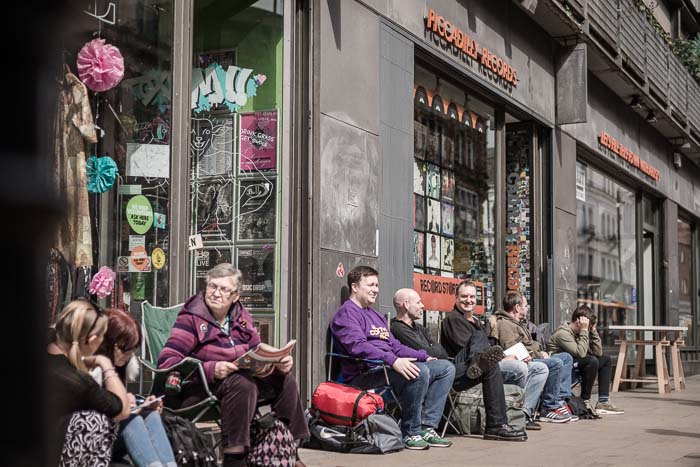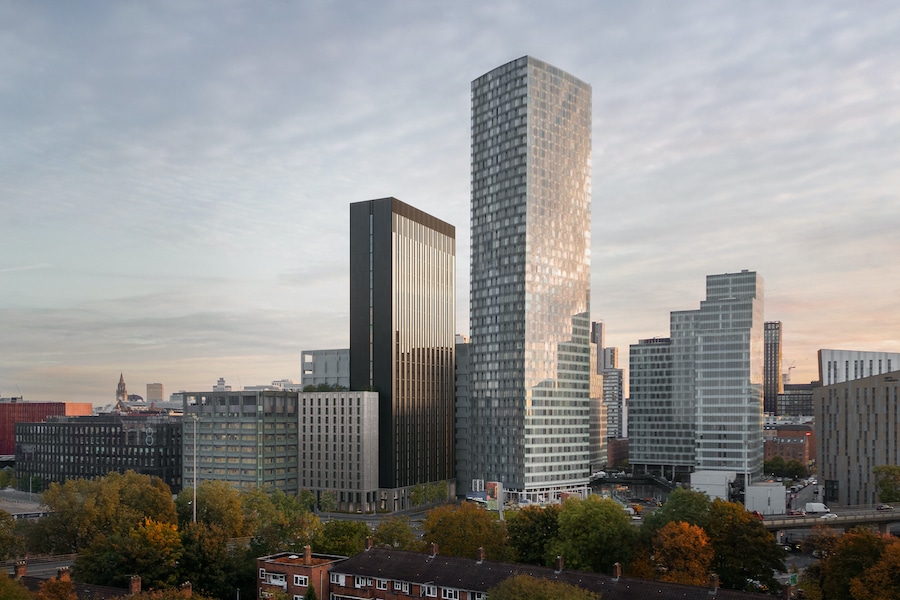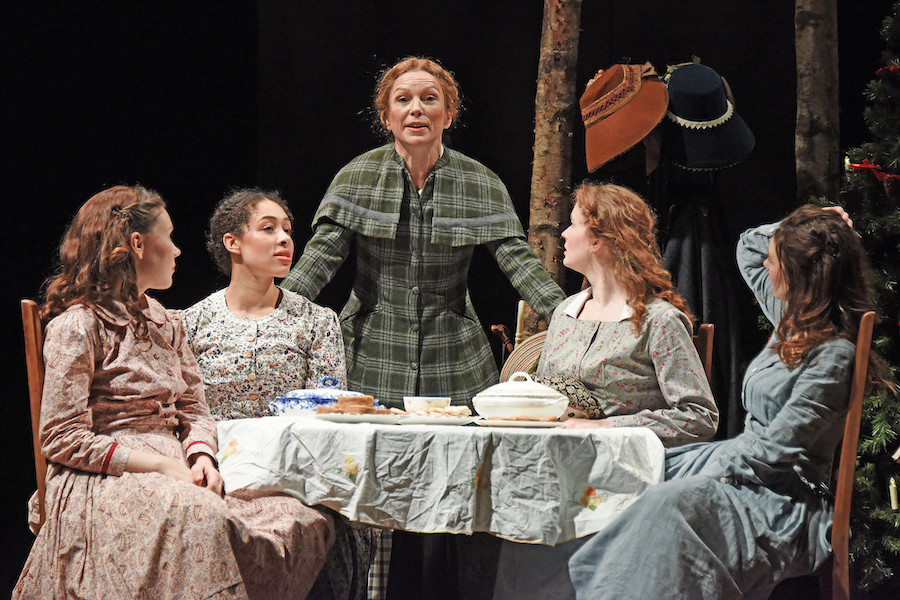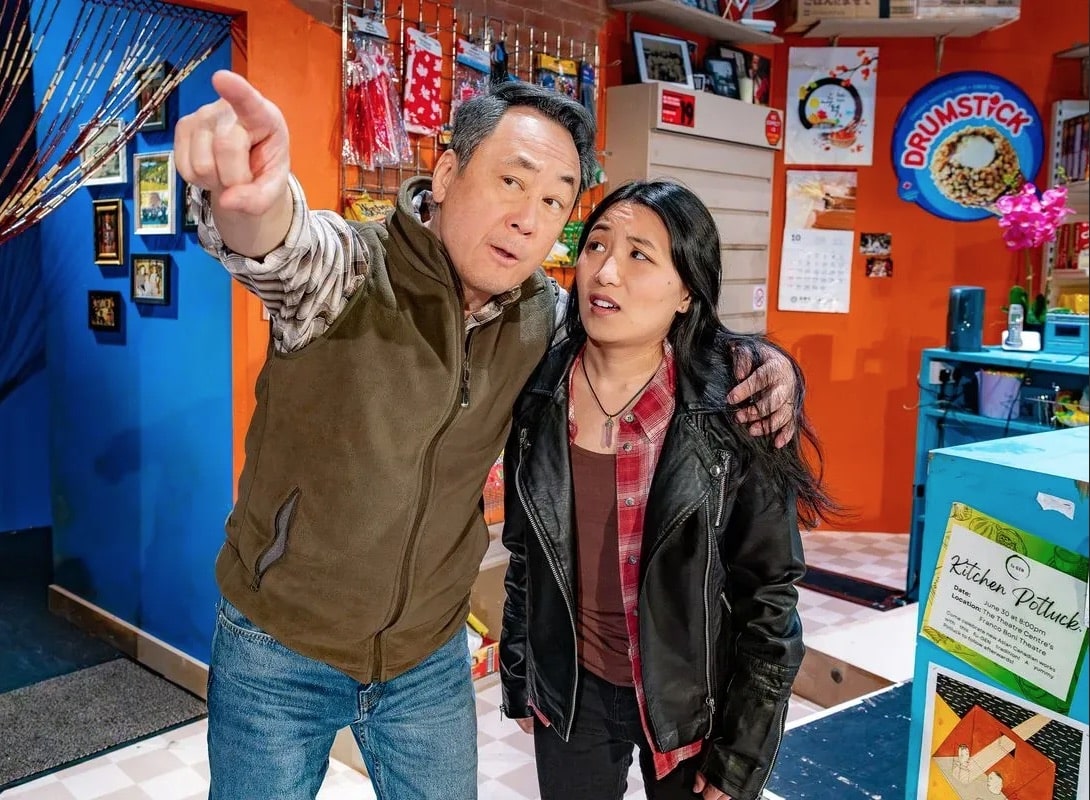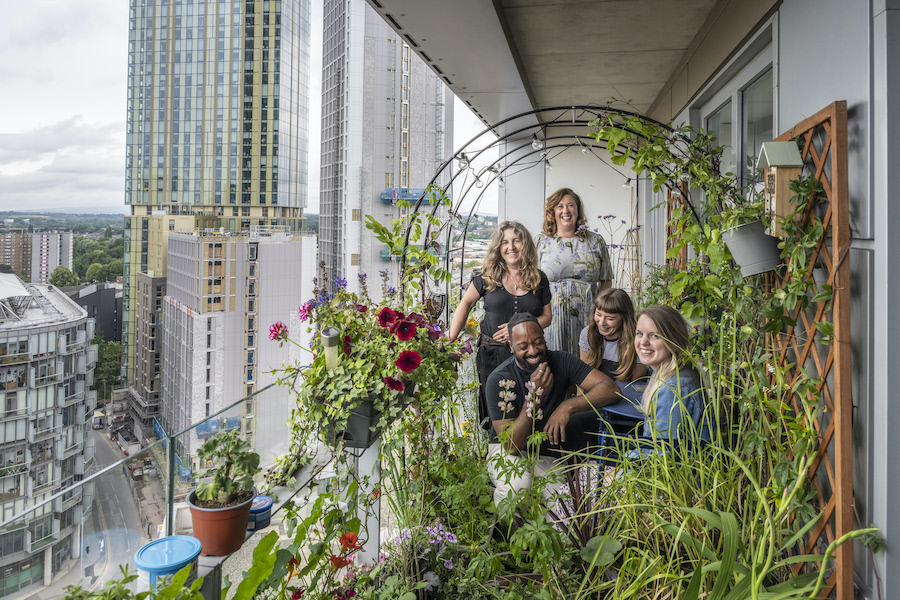Have your say on how Manchester’s public spaces should reflect its history
- Written by Louise Rhind-Tutt
- Last updated 4 years ago
- Community, History
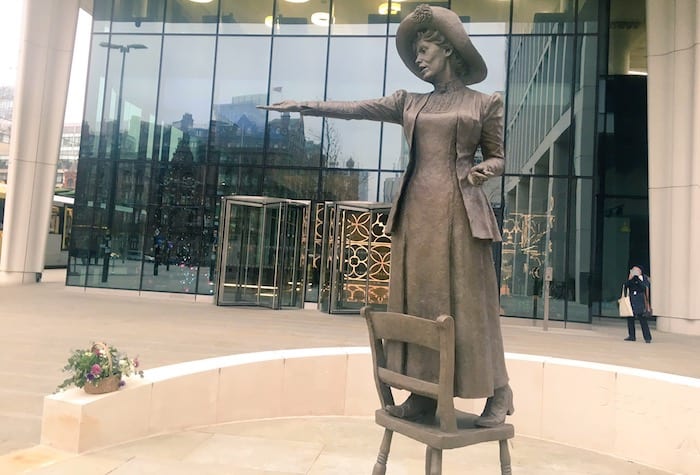
Lots of people don’t think twice when they pass a public monument or statue, or stroll through a park or square named after an event, a person, or an idea.
But recently, who and what is chosen to be in public spaces has become a matter of wide discussion and debate.
Now, members of the public are being invited to have their say on how Manchester’s history and the people who made it should be reflected in its public spaces across the city, and in so doing help shape future policy.
The consultation – which will focus on statues, monuments, and memorials – marks the start of a wider review by the council of existing public realm artworks in Manchester that will include updating the information held on what’s already out there, as well as looking at what, where, and how such artworks relating to the city’s history should be displayed.
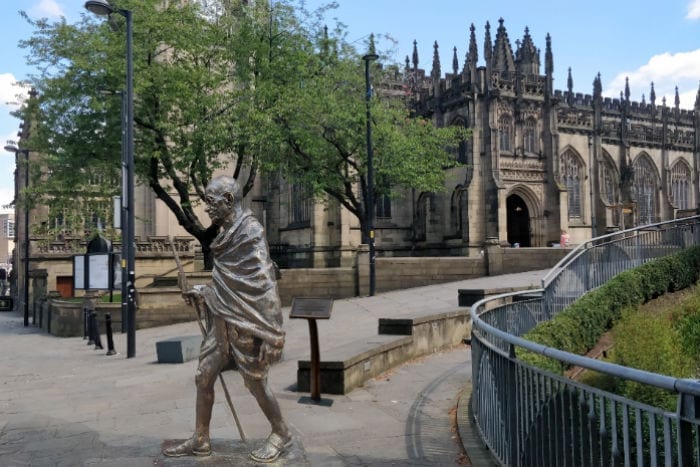
Feedback from the consultation will also be used to help determine a future approach for the city on the commissioning and subsequent display of public art of this kind.
Nationally and internationally, there has been much debate about who and what is represented in public spaces, and the need to fairly remember those who are ignored in history.
In Manchester, people proved themselves passionate about Emmeline Pankhurst and the statue erected of her two years ago – the first new statue of a woman in the city since that of Queen Victoria in Piccadilly Gardens.
The council is therefore keen to canvass the views of as many members of the public as possible on what’s in its public spaces and how it gets there – both now and in the future.
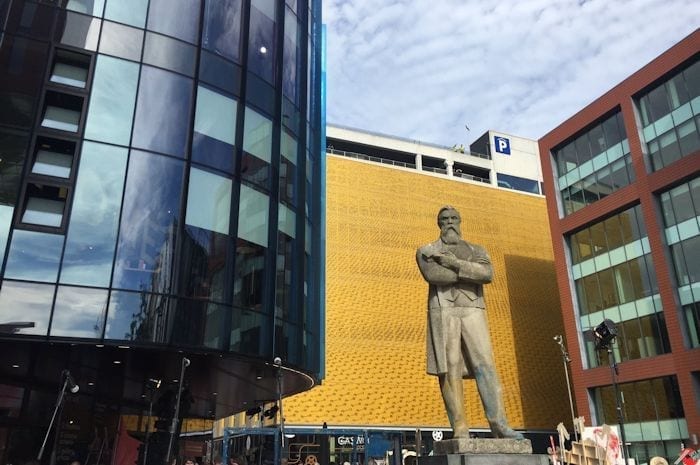
“Manchester prides itself on being a diverse and welcoming city – a city for all where everyone can achieve their potential and where everyone is valued and their success celebrated,” said Councillor Luthfur Rahman OBE.
“It’s become clear however over the last year that the time is now right for a re-evaluation of how Manchester’s history and its people are reflected in our public spaces.
“This is not about eradicating our past or glossing over any uncomfortable truths but understanding our history and heritage, and the context around it.

“Whilst we’re not setting out to tear things down, at the same time it’s important we recognise the impact that choices past and present on what’s displayed in the city, can and do have on people living, working, or visiting here.
“It’s important too that we make sure local residents see the best of themselves and their own communities’ achievements and stories reflected as they look around them – and for us all to learn from and to share their stories and successes.
“Hearing from people through this consultation about what’s important to them will help us ensure that in future the different histories and achievements that are woven into and reflected in the city’s streets, squares and parks, tell the full story of the city and of all the people who have helped make it and shape it.”

Manchester Histories – a local charity that delivers projects with communities that reveal, share, and celebrate diverse histories and heritage – is supporting the city-wide consultation, along with a project board made up of councillors, academics, historians, young people, and others.
They’ll also be hosting several virtual workshop sessions on 10th March to help people further explore their thinking on the subject.
Each of the sessions includes an ‘expert’ panel of speakers, including Gary Younge, author, broadcaster and Professor of Sociology at University of Manchester; Kerin Morris, artist and youth mentor; Hakim Adi, Professor of the History of Africa and the African Diaspora at the University of Chichester; and Alan Rice, Professor in English and American Studies at the University of Central Lancashire.
Anyone can take part in the free sessions, but all places must be booked in advance.
“This important review of Manchester’s statues and monuments will provide the opportunity for people to have their say to improve our understanding of our collective or contested histories, and to better recognise the role of the diverse communities and individuals across the city,” said Karen Shannon of Manchester Histories.
“We hope it will enable us start to consider how we would want to represent our city’s heritage in the future.”
To take part in the online consultation, which runs until 22nd March 2021, visit manchester.gov.uk/publicspaces. For more information on taking part in online panel discussion workshops, or to book an online video interview, visit manchesterhistories.co.uk.
- This article was last updated 4 years ago.
- It was first published on 15 February 2021 and is subject to be updated from time to time. Please refresh or return to see the latest version.
Did we miss something? Let us know: press@ilovemanchester.com
Want to be the first to receive all the latest news stories, what’s on and events from the heart of Manchester? Sign up here.
Manchester is a successful city, but many people suffer. I Love Manchester helps raise awareness and funds to help improve the lives and prospects of people across Greater Manchester – and we can’t do it without your help. So please support us with what you can so we can continue to spread the love. Thank you in advance!
An email you’ll love. Subscribe to our newsletter to get the latest news stories delivered direct to your inbox.
Got a story worth sharing?
What’s the story? We are all ears when it comes to positive news and inspiring stories. You can send story ideas to press@ilovemanchester.com
While we can’t guarantee to publish everything, we will always consider any enquiry or idea that promotes:
- Independent new openings
- Human interest
- Not-for-profit organisations
- Community Interest Companies (CiCs) and projects
- Charities and charitable initiatives
- Affordability and offers saving people over 20%
For anything else, don’t hesitate to get in touch with us about advertorials (from £350+VAT) and advertising opportunities: advertise@ilovemanchester.com
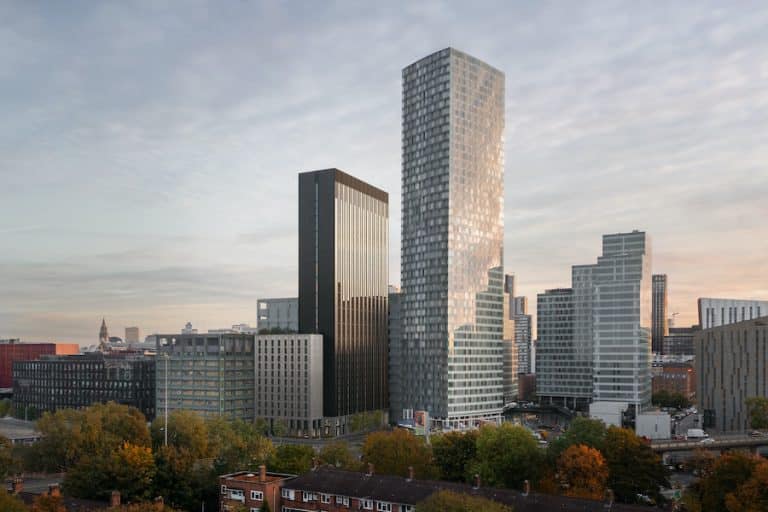

The Manc aerobics queen who trained the Corrie cast is helping raise charity cash
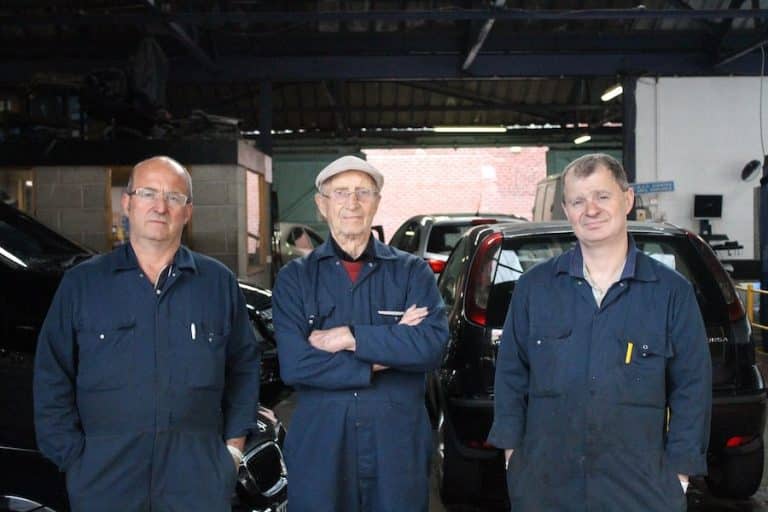
Ancoats to get even cooler as independent market set for MOT garage site

“Manchester is not Britain’s second city, it’s the first” – Jeremy Clarkson
